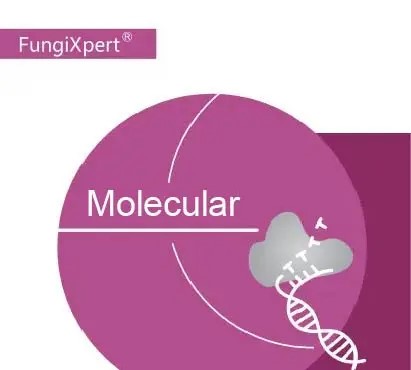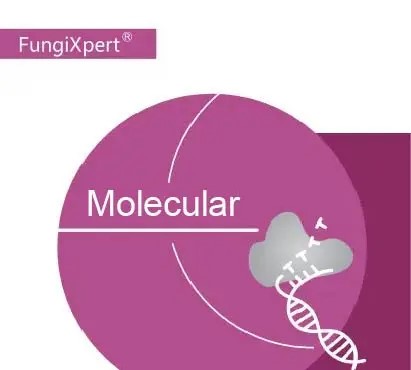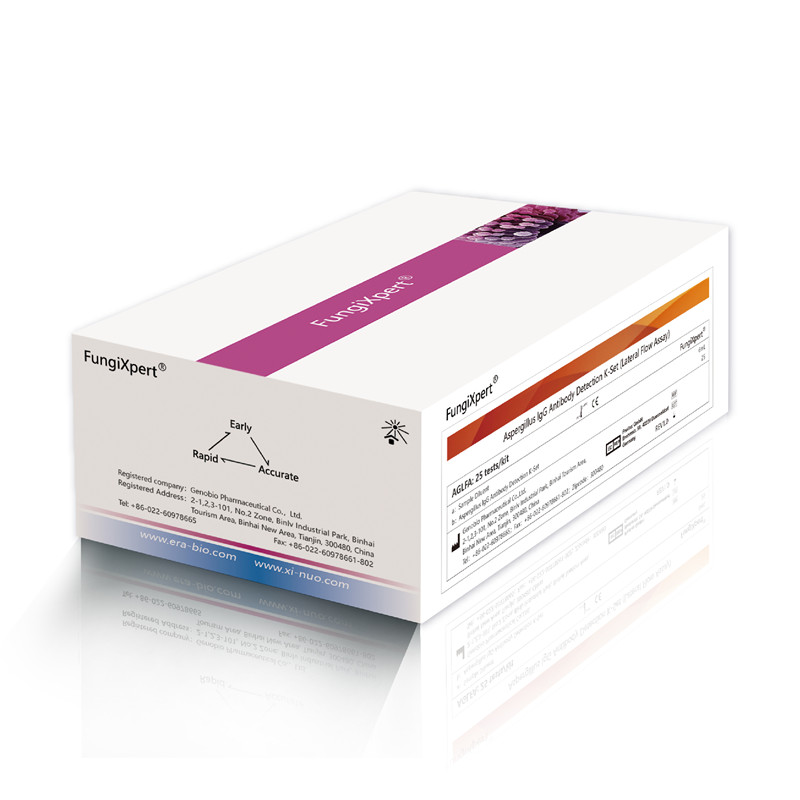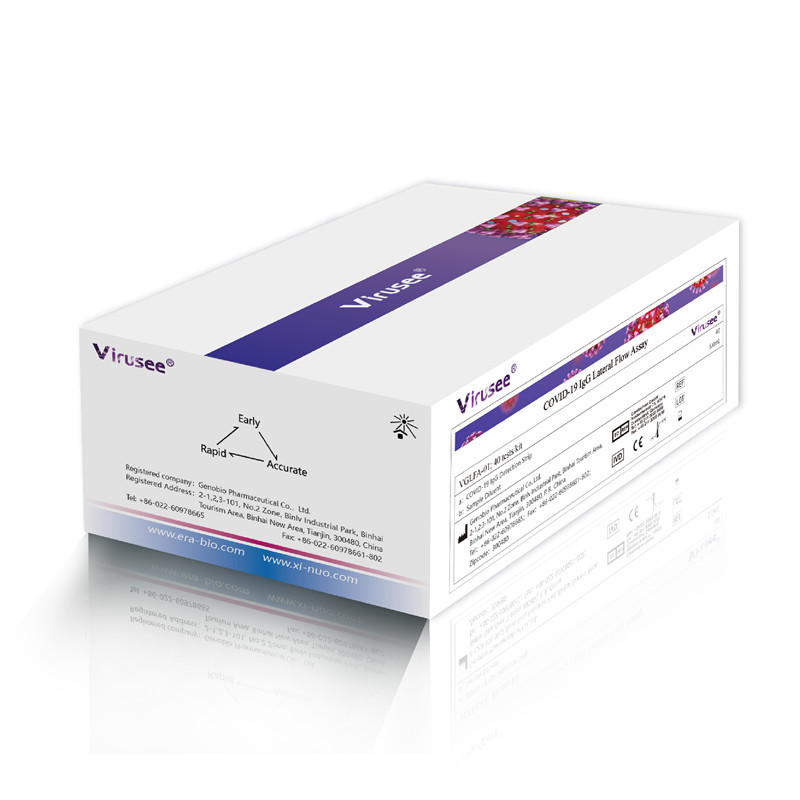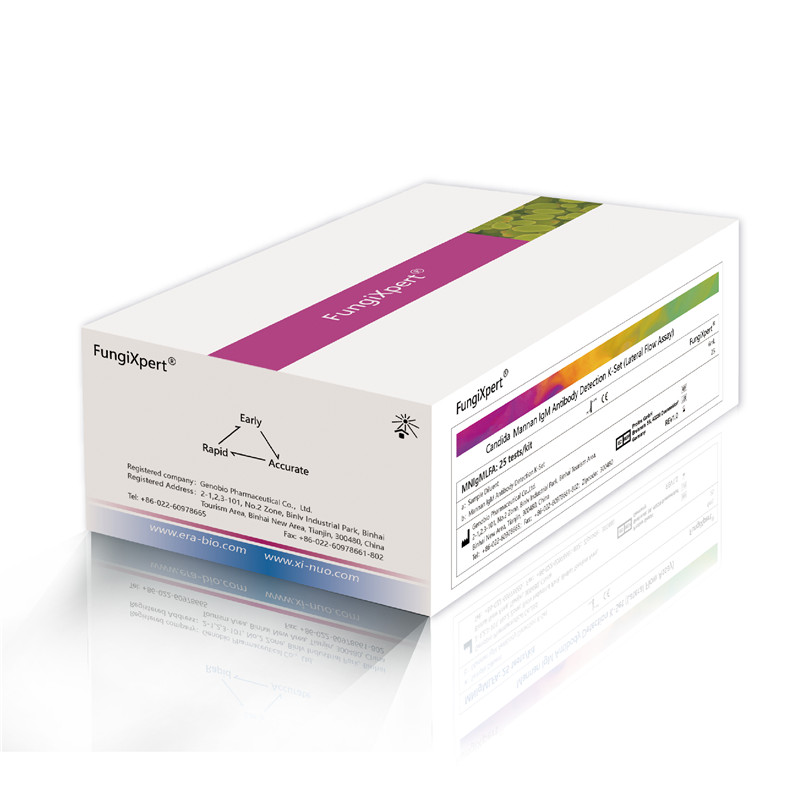Aspergillus, Cryptococcus Neoformans, Candida Albicans Molecular Test (Real-time PCR)
Product Introduction
The kit is applicable for the qualitative detection the DNA of Aspergillus, Cryptococcus and Candida albicans in the bronchoalveolar lavage fluid (BALF). It can be used for the auxiliary diagnosis of Aspergillus, Cryptococcus and Candida albicans and the monitoring of the curative effect of drug treatment of infected patients.
Characteristics
|
Name |
Aspergillus, Cryptococcus Neoformans, Candida Albicans Molecular Test (Real-time PCR) |
|
Method |
Real-time PCR |
|
Sample type |
BALF |
|
Specification |
50 tests/kit |
|
Detection time |
1 h |
|
Detection objects |
Aspergillus, Cryptococcus Neoformans, Candida Albicans |
|
Stability |
Storage: Stable for 12 months below 8°C Transportation: ≤37°C, stable for 2 months. |

Advantage
- Convenient
Sample pretreatment simplifies nucleic acid extraction - Multi-functional
Detect Aspergillus, Cryptococcus Neoformans and Candida Albicans simultaneously
- Accurate
1. The reagent is stored in PCR tube to reduce the possibility of contamination
2. Strictly controls the experiment quality with three quality controls.
About invasive fungal disease
Fungi are a versatile group of microorganisms which can be freely present in the environment, be a part of the normal flora of human and animals and have the ability to cause mild superficial infections to severe life-threatening invasive infections. Invasive fungal infections (IFI’s) are those infections where fungi have invaded in to the deep tissues and have established themselves resulting in prolonged illness. IFI’s usually are seen in debilitated and immunosuppressed individuals. There are many reports of IFI’s even in immunocompetent individuals thus making IFI’s a potential threat in the present century.
Every year, Candida, Aspergillus and Cryptococcus infect millions of individuals worldwide. Most are immunocompromised or critically ill. Candida is the most common fungal pathogen of the critically ill and of recipients of transplanted abdominal organs. Invasive aspergillosis remains the dominant invasive fungal disease (IFD) of haemato-oncological patients and solid-organ transplant recipients and is increasingly found in individuals with exacerbated chronic obstructive pulmonary disease on corticosteroids. Cryptococcosis remains a common and highly lethal disease of HIV positive individuals.
Most of the fungal infections have been accidental and systemic fungal infections are a rarity that may result in high mortality. In systemic fungal infections the outcome of the disease depends more on the host factors rather than the fungal virulence. Immune response to fungal infections is a complex subject where in fungi invading goes unrecognized by the immune system and that invasive fungal infections can result in severe inflammatory reactions resulting in morbidity and mortality. From being uncommon during the earlier part of the 20th century when the world was plagued with bacterial epidemics, fungi have evolved as a major global health problem.
Order Information
|
Model |
Description |
Product code |
|
FPCR-50 |
50 tests/kit |
FPCR-50 |

